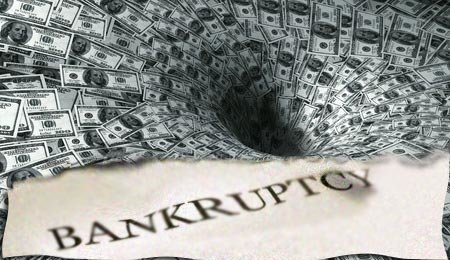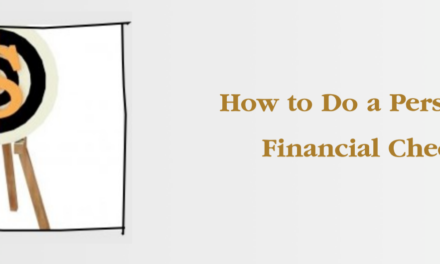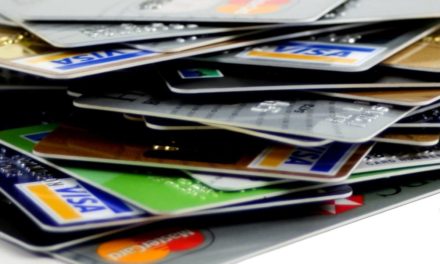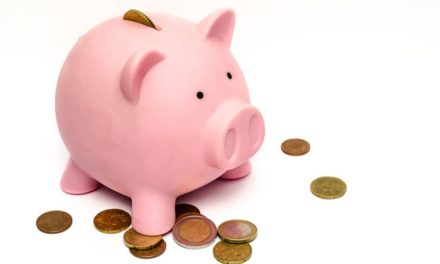Having to declare bankruptcy may seem like the end of the world, especially if you don’t know what you’re doing. You never thought you would end up here, so what do you do now?
Don’t Panic
This may seem like an obvious suggestion, but it is so needed. Panic isn’t going to help you get your life back in order. It’s okay to be frustrated and to find an outlet for any feelings of helplessness or frustration, but panic isn’t going to help. Take a deep breath and start moving forward.
Evaluate Your Situation
Once you’ve taken a deep breath, you need to figure out what you are going to do. You aren’t going to make any progress without understanding how you ended up in this situation and having a plan to get out. Find a reliable financial planner and a bankruptcy lawyer who can guide you through the finer details of getting your life back on track. There are different types of bankruptcy you can file for depending on your situation. For instance, chapter 13 bankruptcy has limits on the amount of debt you can resolve.
Create a Budget
Even after you declare bankruptcy, you still have expenses that you have to pay, and you will have a restructured debt repayment program. As bad as bankruptcy is, it’s worse if you can’t make your payments, so you need to be able to manage your money. Take the time to calculate how much you earn each month and track your necessary expenses. This will help you budget how the rest of your money is spent, so you don’t run into debt again.
Start Building Your Savings
You might think that you should be getting rid of your debt before you start building your savings, but this won’t be as useful as starting now. Make sure that you have enough money to your payments regularly, but make sure you pay yourself too. This way you will have reserves to draw from if you have unexpected expenses that come up.
Monitor Your Credit
Bankruptcy will murder your credit score, but that doesn’t mean that you can’t recover. However, for the best possible recovery, you need to monitor your credit score carefully and regularly. Once you see what you have to work with, figure out what you can do to increase your score as quickly as possible, and make sure that you follow through. Carefully monitoring your credit will allow you to see what helps and what hurts it so you can make appropriate adjustments.
Bankruptcy is never a quick recovery, but it doesn’t have to cripple you or your finances. There are so many resources that you can use to help you get back on your feet and to build your life back up.






Recent Comments